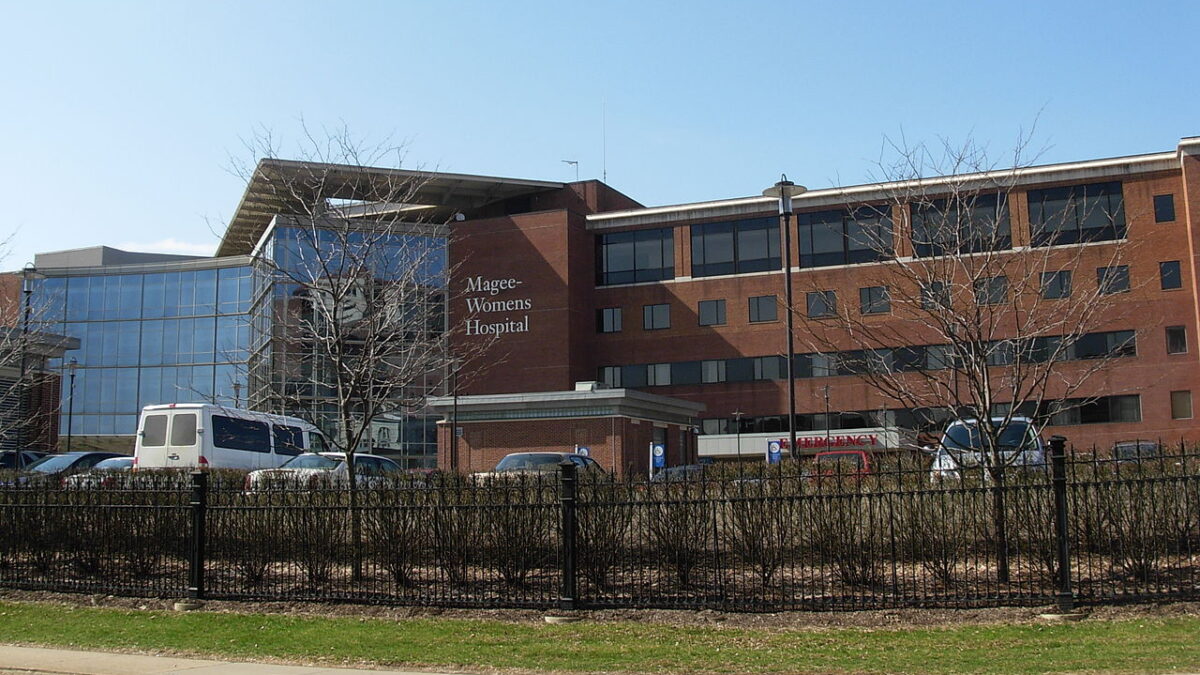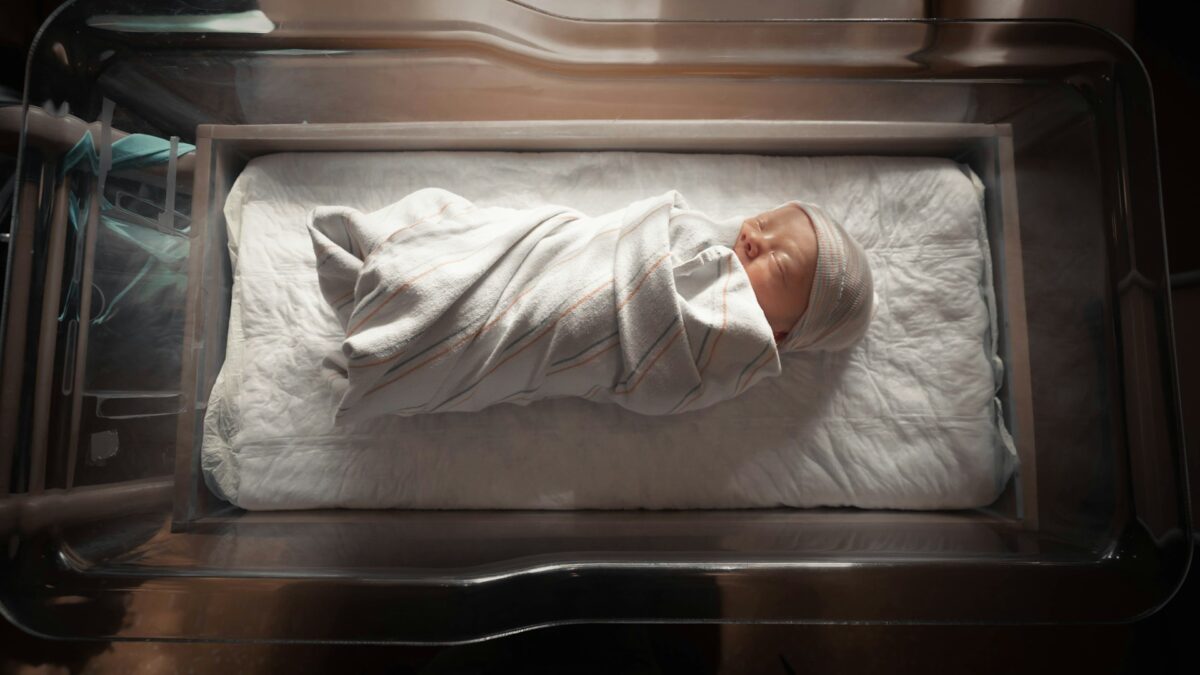Last Monday, the University of Pittsburgh Medical Center’s Magee-Womens Hospital Board of Directors got a wake-up call from pro-life leaders at its first public meeting in four years.
Board members were forced to come out of hiding after being cited in March for violating state code by not allowing yearly public attendance. Magee closed its board meetings one month after the publication of a University of Pittsburgh study that grafted the scalps of babies killed in abortions performed at the hospital to mice and rats.
Pennsylvania governmental figures who made statements before the board last week included retired Superior Court Judge Cheryl Allen and State Rep. Tim Bonner.
Judge Allen, a graduate of Pitt’s law school, stated that she was “extremely disturbed” by her alma mater’s research using aborted tissue. She condemned Magee’s consent form for fetal tissue donation, noting that the document’s wording “entices women who are at their most vulnerable” by suggesting that aborted babies could contribute to new discoveries and treatments. She brought to mind the similar reasoning of Nazi scientists, who believed that unethical medical experiments were for the greater good of society.
[READ: University Of Pittsburgh Uses Taxpayer-Funded Aborted Babies For Medical Research]
Rep. Tim Bonner gave examples of how preborn babies had been given “significant legal rights throughout history” while being denied the basic right to life in the present day at Magee. He extended a prayer that board members would reach the conclusion that the fetus in the womb was “a maturing human being.”
Pro-life group leaders who questioned the board included Beth Svirbel, president of People Concerned for the Unborn Child. She asked board members to explain how a hospital elevator could bring one preborn child to life-saving surgery to correct an abnormality while carrying another of the same gestational age to be killed by an abortion. Meredith Parente, president of The Magee Project, asked board members to fulfill their fiduciary responsibility to all of the hospital’s patients, “treating mother and baby with equal care and respect.”
Pennsylvania Pro-Life Federation Executive Director Christopher Pushaw asked the board whether Magee was in compliance with state law when collecting fetal tissue to be used for experimentation. In particular, he inquired about the specific types of abortion procedures used in fetal specimen collection.
Before the public comments, Magee board member Anantha Shekhar boasted about how “Pitt Medicine, including Magee,” was doing “very well in terms of research” after receiving hundreds of millions of dollars in taxpayer money from the National Institutes of Health over the past year. The university’s NIH funding numbers were initially shared during a research committee meeting in February by Rob Rutenbar, the university’s senior vice chancellor for research.
Newly released documents obtained by Judicial Watch reveal that Rutenbar was pressed in Oct. 2021 for information about the “policies and standard operating procedures related to human fetal tissue” at the university’s tissue bank during an email exchange with Michael Lauer, the deputy director for extramural research at the NIH. One of the three laboratories that make up the tissue bank, known as the Pitt Biospecimen Core, is located inside of Magee.
Lauer also wanted to know how “warm ischemic time” was kept to a minimum, as was claimed in an infamous NIH grant application submitted by Pitt. Rutenbar attempted to distance the university from the hospital’s organ extraction procedures by deflecting to a flawed investigation paid for by the university that declined to review “the clinical decision-making or delivery of medical care, such as abortion,” by UPMC employees.
[READ: Emails Suggest The Federal Government Colluded With U-Pitt To Cover Up Experiments On Babies]
Rutenbar disclosed to Lauer that the university had received a subpoena from the HHS Office of Inspector General for fetal tissue research documentation. Inspector General Christi Grimm has yet to release the results of her office’s investigation, stating that she would “follow up accordingly” after receiving a letter of concern from members of Congress last May.
HHS-OIG might want to take note that Pitt was recently revealed to be one of the three worst violators of animal welfare law among the 25 leading recipients of NIH grants. The 59 violations received by the university included one in which two newborn mice were discovered alive in a bin that was intended for dead animals after they survived carbon dioxide gassing.









